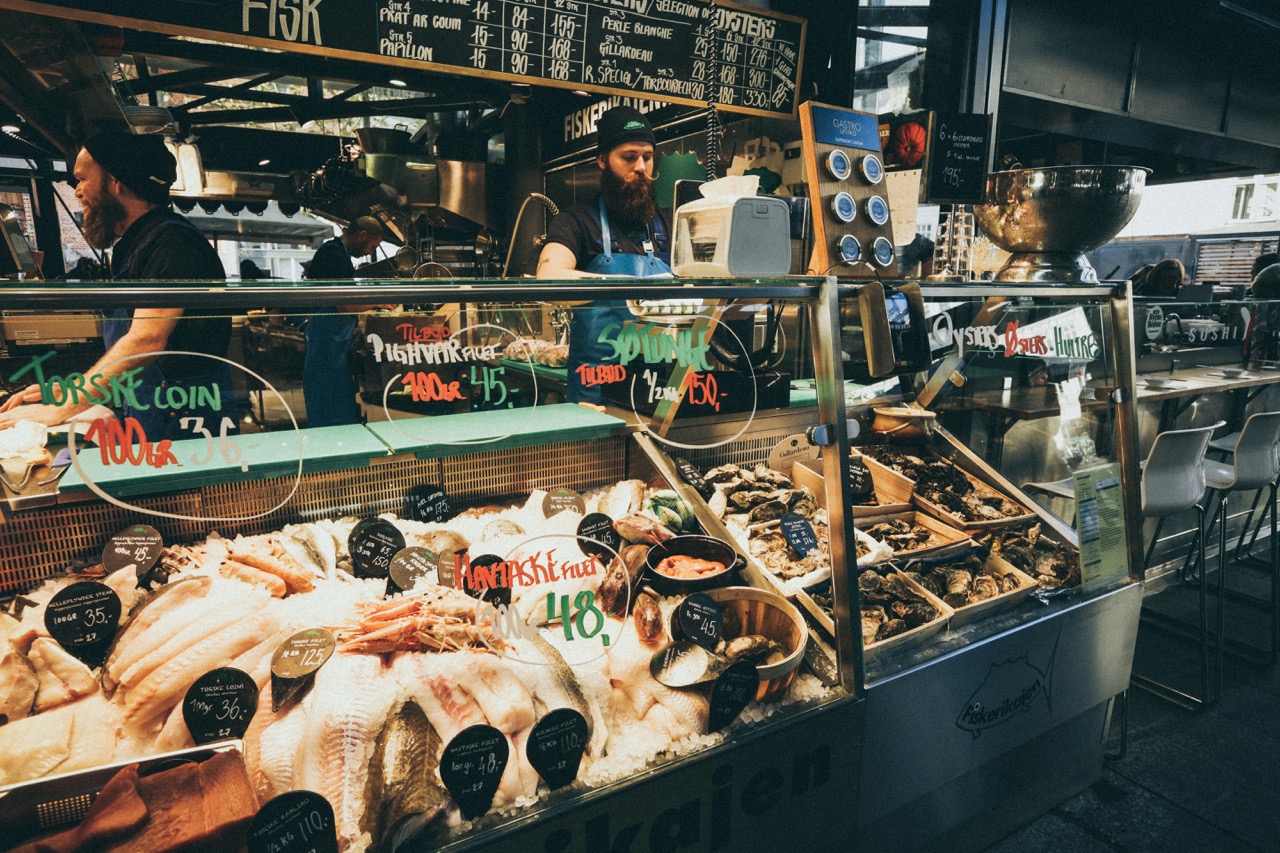As Aldi becomes the first food retailer globally to show tangible support to the Marine Stewardship Council (MSC), let’s have a look at the drive behind a shift towards sustainability, as well as some of the steps taken to achieve it.

Push Towards Conservation
Fish have long since been something the Brits love. We love to eat it, we love to catch it, and we even love entertainment themed around it. From TV shows like Extreme Fishing with Robson Green and Mortimer and Whitehouse Gone Fishing, to films like Bait and even online slot games.
For example, the Fishin’ Frenzy online slot is part of a popular fish-themed slot game franchise. It uses icons like fish, fishermen, boats, bait, and fishing rods against the backdrop of the open waters to create an immersive, interactive experience for angling and marine-life enthusiasts alike.
In addition to the popularity of fish as a concept, consumer demands are continuing to pile weight onto the issue of conservation and sustainability. Looking at various studies, around 65% of consumers want to buy from brands that advocate sustainability, and 44% would be more likely to choose a brand over their competitor due to a clear commitment to sustainability. In fact, the PWC 2024 Voice of the Consumer Survey found that consumers are willing to pay 9.7% more for sustainably produced or sourced goods, as 85% report seeing the effects of this first-hand.
With this in mind, there is perhaps little surprise that a similar trend can be seen when it comes to our oceans, particularly in food retail. And, one of the top ways to see whether fish and other marine life have been caught sustainably is to look for MSC certification.
Retailers Supporting MSC
If a food product is MSC certified, this means it has met the required sustainable fishing standards, working to combat overfishing. In addition, the MSC has an Improvement Programme that helps fisheries to meet that standard if they are facing challenges operating at that level.
Data suggests that 55% of UK seafood consumers are more likely to purchase a product that has the blue MSC certification label. As a result, many of the top brands are working towards increasing the volume of MSC-labelled products that they sell. Take Princes, for example. The international food and drink retailer is working towards a commitment to sell 100% of its branded tuna from MSC-certified fisheries by the end of 2025. This means that 75 million tins (or 11,000 tonnes) of MSC-certified tuna will be put onto UK shelves.
In addition to this, Aldi Süd (the international Aldi parent company) became the first food retailer in the world to include the MSC Improvement Programme in its sourcing policy. This not only aligns Aldi with the growing demand for sustainably sourced seafood, but also highlights the global project to support fisheries in the move toward sustainable practices through funding and other assistance.
With this pioneering step taken by Aldi, it is hoped that this will set a precedent for other retailers to follow. Overall, this goes to show just how important marine conservation is – both in terms of preserving the environment and meeting consumer demand. This could become the norm for retailers’ sourcing policies of the future.



